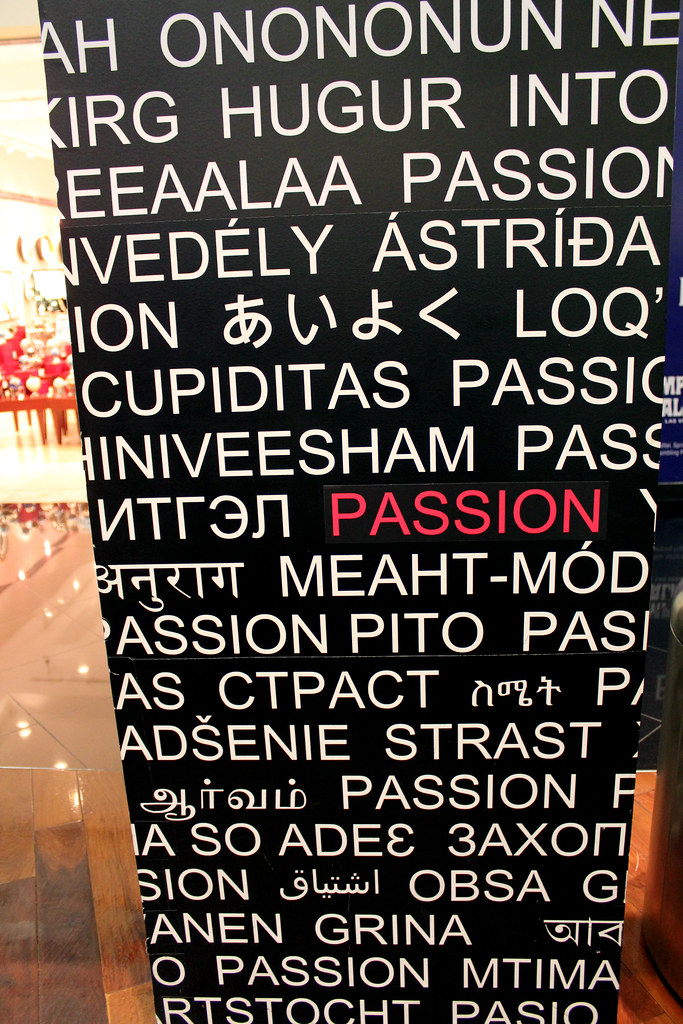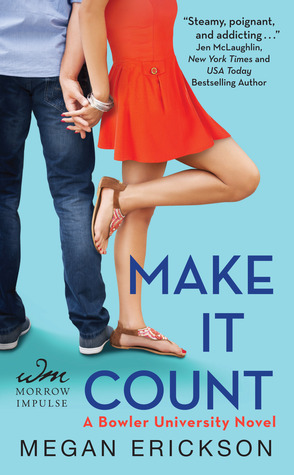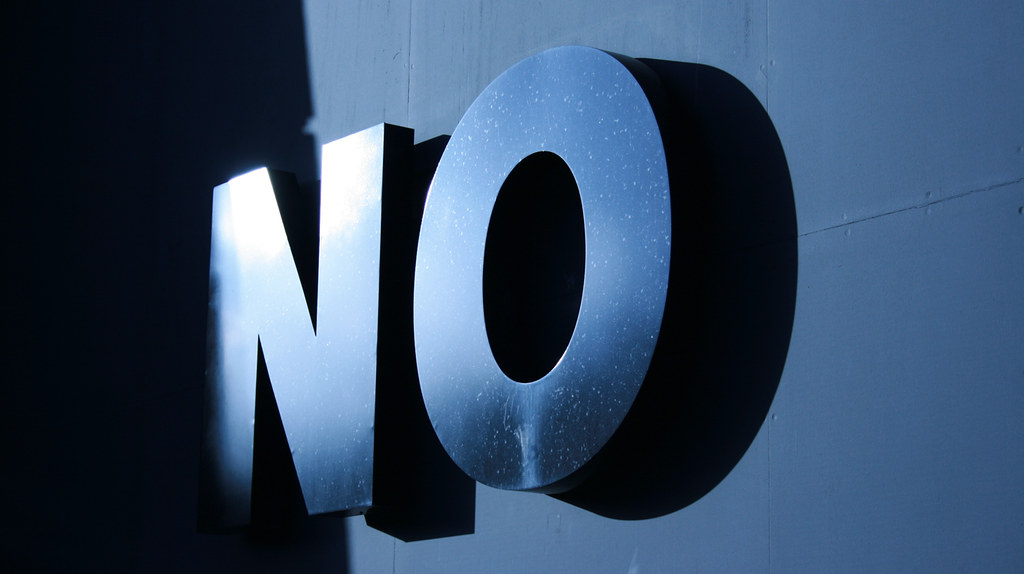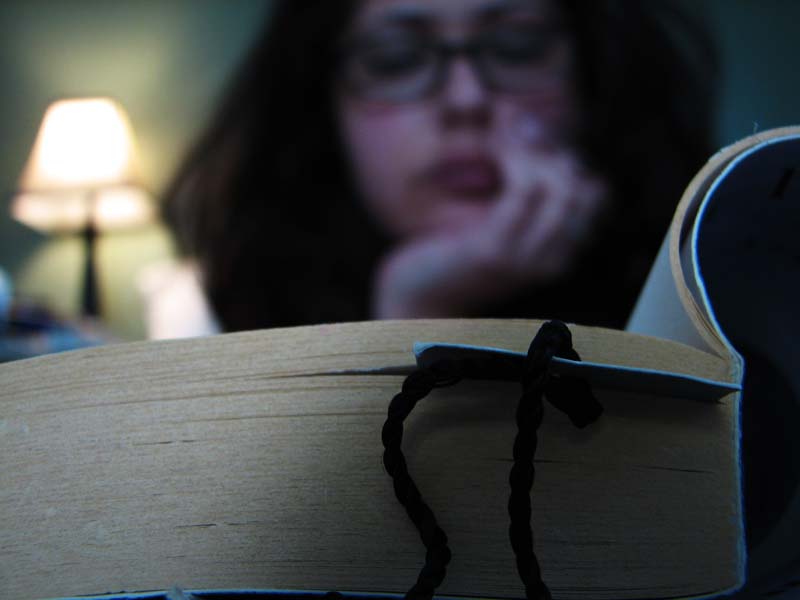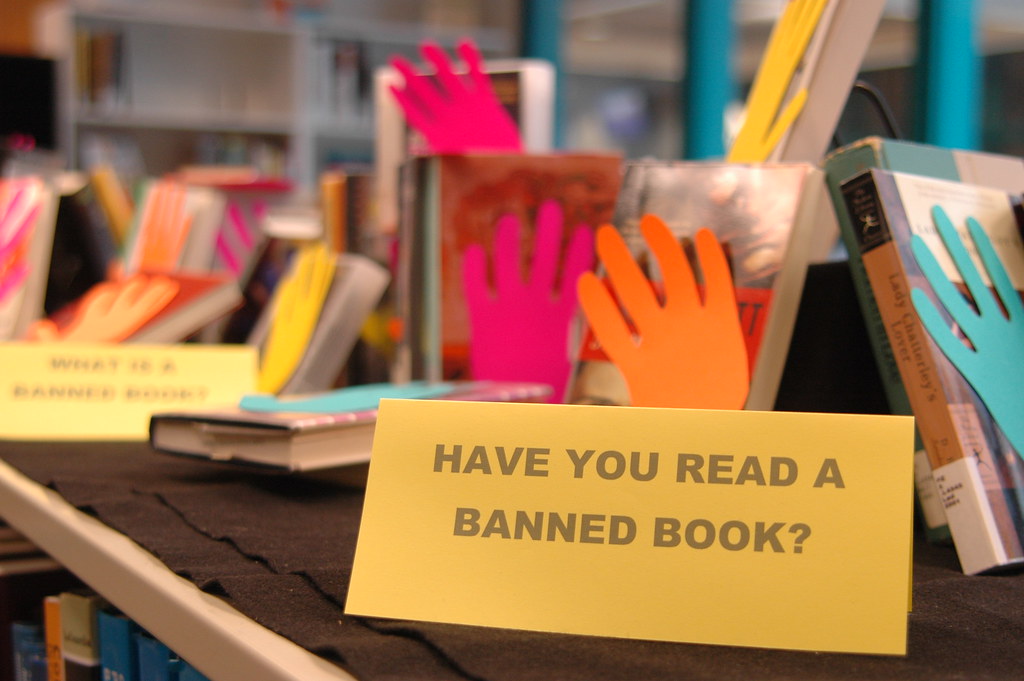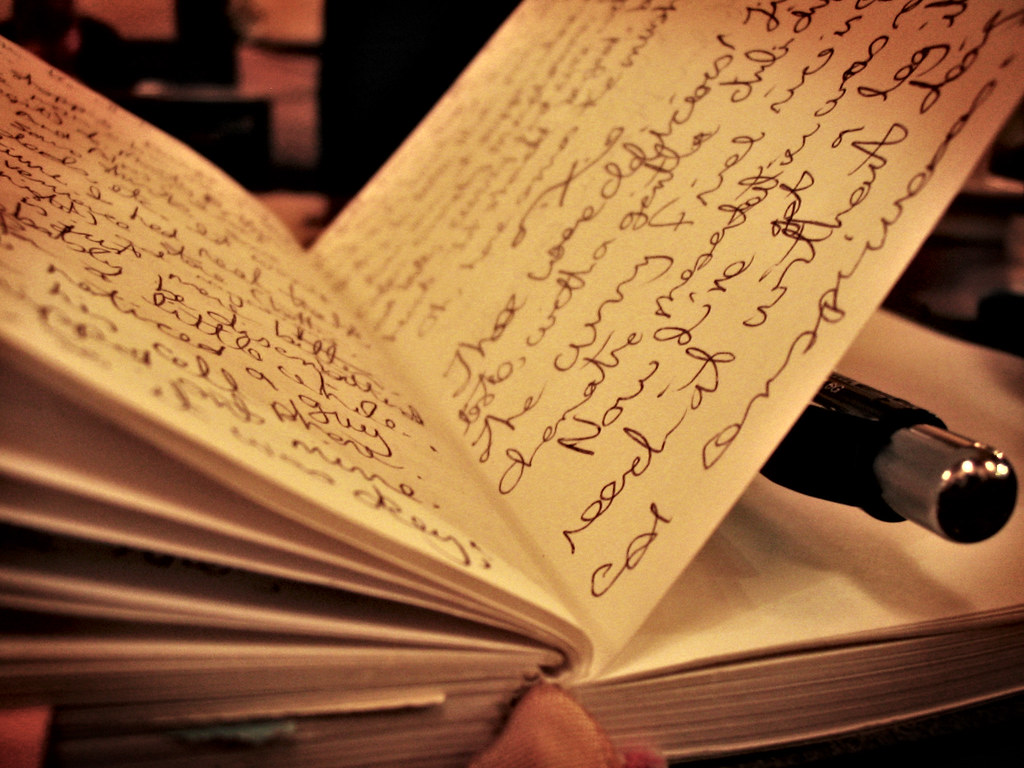I was a pretty sheltered kid growing up.
Though I moved around a bit, I always lived in safe, upper-middle/middle class areas. I had a religious (Christian) upbringing and went to church almost every Sunday. It’s something I am, actually, very much grateful for, even if my worldview has shifted quite a bit since Sunday school times.
That being said, it’s something I’ve been thinking a lot about lately.
Largely because of that upbringing, I didn’t really read many books with cursing or sex as a young teen. (I
did have a healthy dose of violence in my books, largely thanks to my
Ted Dekker obsession, but that’s another matter entirely). The first book I read with an f-bomb in it was
The Catcher in the Rye my sophomore year of high school. I remember rather vividly coming across the first f***—it was followed by a nervous smile as I glanced around and thought,
we’re allowed to read this in school?
Oh little, sheltered Ava. You were so adorable.
Come to think of it, we read
Brave New World that year, too. Also shocking to my sheltered mind, though for entirely different reasons. Sophomore year was an interesting school-reading year. Anyway.
Despite my relatively sheltered upbringing, I did not, shockingly, learn vulgarity from Holden Caulfield. I’d heard cussing in movies, in music, from my peers, from my peers, oh and did I mention from my peers? I mean, I had a bilingual best friend in middle school who tricked me into saying curse words in Swedish—after all, the forbidden is
interesting and
fun to kids (and adults, really). You can’t go to a public high school (or middle school, for that matter) without hearing all about sex, drugs and students expanding their vocabulary to a couple choice four-letter words.
My point? Sex, drugs, cursing, and yes, even violence, are all part of a teenager’s life. Exposure is inevitable. And trying to imply that those things
aren’t a part of the average teen’s life by pushing for a censoring of YA, quite frankly, is disingenuous.
Literature isn’t about escaping reality, not really—it’s about
diving into reality in a whole new way. Maybe that reality isn’t necessarily the same as yours, but that’s
also part of the point. It’s about exposure to different world views, different lives, different experiences that you yourself haven’t (or can’t) experience. It’s about a deep, human connection; it’s about reality reflected back at us in a way we’d never considered before.
It’s not about hiding.
It’s not about pretending the world is something it isn’t.
It’s definitely not about sheltering.
Here’s the thing, I think it’s
important to represent all aspects of teen life—and yes, that includes the swearing, the sex, the drugs and the violence. Because whether we like it or not, teens
are swearing,
are having sex,
are using drugs,
are dealing with violence on one level or another—whether it’s a heated argument or something much more dangerous. And no, not
all teens do all of the above (or even one of the above). But the point is there
are teens that do—a hell of a lot of them—and don’t they deserve to see their experiences, their struggles and their realities reflected in fiction as well? Don’t they deserve to know they’re not alone? That their struggles aren’t impossible to overcome? That they can each have happy endings, that regardless of what they are or aren’t involved in, they’re people who deserve to be loved and respected? That they aren’t somehow lesser for their decisions or circumstances?
I don’t know, you guys, but it just seems insanely important to me.
I understand wanting to protect your kid from the world, I do. And one day, when I’m a parent, I’ll probably understand it even better, but for now, I sympathize.
But here’s the thing: censoring literature, whether it’s by banning books or trying to keep your kids from reading certain novels? It’s not going to do much of anything, except maybe limit their ability to empathize with people unlike them.
Barring bubble-boy over-the-top-type sheltering (which I
really don’t think is going to do anyone any favors), teens are going to be exposed one way or the other. Maybe it’ll be through their peers, maybe it’ll be from a book, or movie, or TV show, or video game they watch or read or play under the radar. But one way or the other, your sheltered kid is going to face reality, and you know? They’ll probably be okay.
What do you think?
Twitter-sized bites:
"Literature isn’t about escaping reality, not really—it’s about diving into reality in a whole new way." (Click to tweet)
.@Ava_Jae shares why she thinks NOT censoring YA is so important. What do you think? (Click to tweet)










